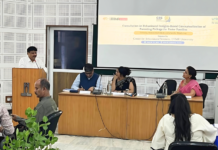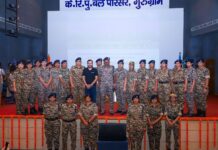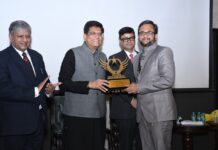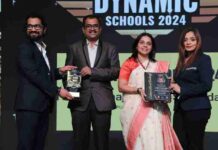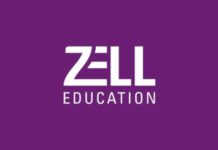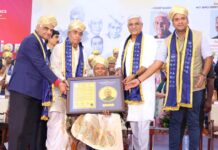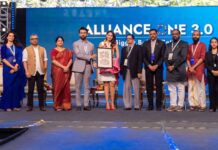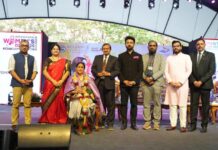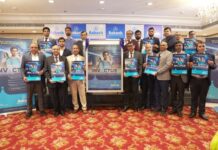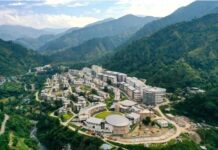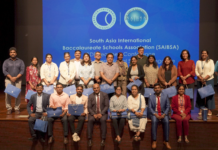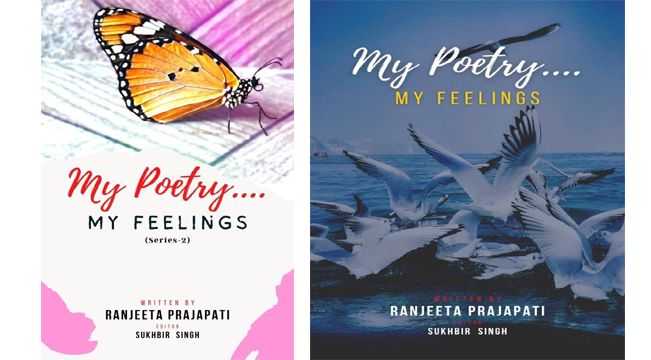New Delhi, August 09, 2021: UNESCO Chair on Inclusive Museums and Sustainable Heritage Development, International Centre for Inclusive Cultural Leadership (ICICL), Anant National University in partnership with Indira Gandhi Rashtriya Manav Sangrahalaya (IGRMS), Ministry of Culture, Government of India conducted a Symposium promoting the UN World Indigenous Peoples Day 2021 on Indigenous Peoples and Towards a New Social Contract. Indigenous experts spoke: Ms Bibitha S. from the Kadar community in Kerala on Sustainable Development; Dr Charisma K. Lepcha, Assistant Professor, Sikkim University, on Anthropological Perspectives; Mr N. Shakmacha Singh, Museum Associate, IGRMS Bhopal, on Museological Approaches; and Ms Lisa Lomdak, Assistant Professor RG University, on Linguistic and Language Imperatives. The Symposium was moderated by the UNESCO Chair on Inclusive Museums and Sustainable Heritage Development, Prof Dr Amareswar Galla, UN expert on Indigenous concerns and SDGs.
The symposium recommended six action points:
1. Focus on Language Heritage – If we want to safeguard the indigenous knowledge of tribal communities, we need to do it in the language of the communities. Their mother tongue/first language is the language in which the first voice of the people can be safeguarded. It is critical for the sense of place and identity of people. No culture, no language is frozen in time. They keep evolving.
Understanding language heritage through research, promoting language development and maintenance through policy is critical. We are not very good at language maintenance. We need to advocate for it. We need to research and understand the complexity. We are multilingual. We can be fluent in our indigenous mother tongues but also be fluent in other languages.
2. Platform for Professional Development – How do we create a platform for professional development of public servants, heritage professionals, anthropologists, especially younger scholars, linguists or researchers from other disciplines? Can we create a forum? We are scoping it under the UNESCO Chair on Inclusive Museums, Anant National University in partnership with Kalady University, RG University, Central Tribal University and IGRMS on creating such a forum.
3. Ethics of Engagement – Can we look at Code of Ethics from various disciplines in our countries? How can we further make them appropriate, respective, inclusive, treating indigenous people as equals? Can these Codes of Ethics be translated into languages other than English or the mainstream languages?
4. Responsible Tourism in a Post Pandemic World – Tourism before pandemic was the biggest growth industry in the world for almost 18 years. During the pandemic tourism was almost dead in many parts of the world. Now the priority is rehabilitating tourism in a post pandemic world. The sooner higher vaccination rates, the sooner they can open up to tourism and trade. So what does tourism mean in a post pandemic world? What is Responsible Tourism? What of the indigenous people?
AnantU will focus on Built Environment and Design, but there will also be a strong emphasis on indigenous perspectives. The institute has a Professor from Nigeria who was the head of the Department of Tourism at University of Africa, who joined this week. She assists in coordinating discussions nationally on ethics, considering indigenous people on cultural and heritage tourism.
5. Advocacy with UNESCO – How can we use as a framework the 2007 UN Declaration on the Rights of the Indigenous People? How can we use the Shillong Charter? How can we use the facility of the Constitution in India for example to develop more engaging partnerships? How can we advocate with UNESCO so that the 2003 convention for Safeguarding Intangible Heritage puts more emphasis on Indigenous Intangible Heritage and issues associated with it?
6. Reconciliation as a way forward – We need to work out models when we talk about inclusion. Let’s not work on binaries. Let’s not say this is indigenous and this is the other. It perpetuates the self and the other paradigm which doesn’t help anyone. We want to learn to work together through reconciliation. There have been historic wrongs. We recognise them. We go for reconciliation approaches like Australia has. We have to work together because whatever is called the mainstream must be very diverse culturally and linguistically. That mainstream needs to include indigenous peoples.



